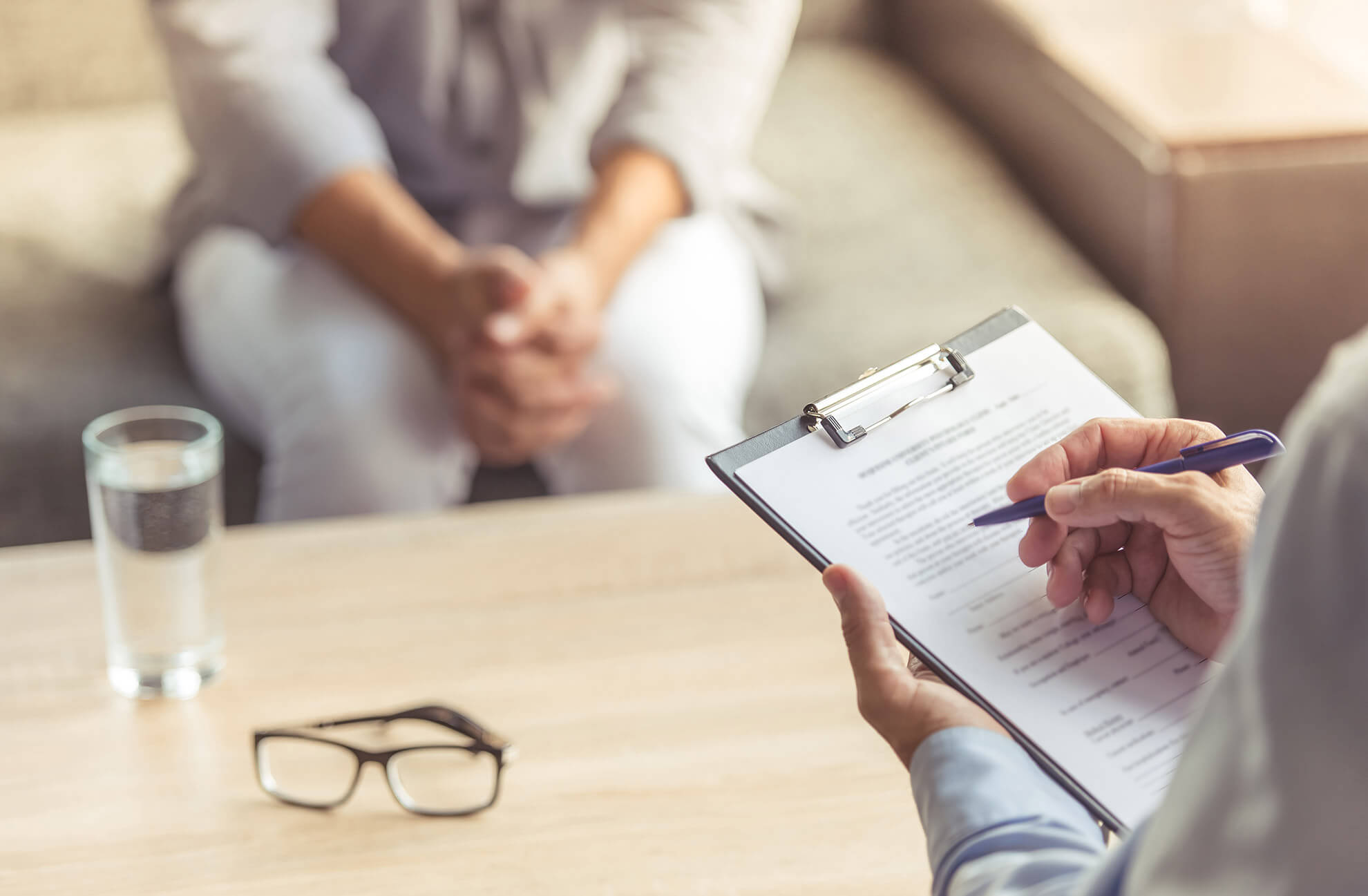DepressionSymptoms & Treatments
- Home ›
- Therapy ›
- Conditions ›
- Depression
What is Depression?
Depression is the third most common reason for a visit to the GP in Britain.
We all feel low from time to time, and with good reason. However, when we experience low mood for some time this can create a vicious cycle in which we can struggle to motivate ourselves to function in our everyday lives. When depressed we can feel alone, the future can look hopeless and we can feel helpless in moving beyond it.
Depression can feel like dark hole that is difficult to climb out of. It can impact not only on our mood but how well we can function in our everyday lives, relate to the people closest to us and how we think about the future. Depression can colour our outlook with the opposite of 'rose-coloured glasses' in which everything seems colourless and negative. When depressed we can think negatively about ourselves and the world around us and we can feel very stuck.
Firstly, it is important to recognise that depression is a condition that changes the way that you see yourself and the world. Depression makes you think that the future is hopeless or that you don't have the ability to cope, but this is one of the symptoms of the condition.
When depressed we can often get caught up in cycles that make the depression worse. For example, if you don’t feel good about yourself, you may not want to go out and disengage from others. By getting out of the habit of such activities and accessing support we can reinforce the depression.
Depression is common- the most predominant mental health problem worldwide and it is a disorder than can be fatal with suicide rates showing the devastating impact. Although there may not seem to be much hope, there are ways to get help. Therapy can help break the depressive cycle and bit by bit can lift the black cloud that can stick around too long.
Symptoms of Depression
Symptoms of depression can vary but often there is a disturbance to sleep and eating habits, there tends to be periods of demotivation, poor concentration and slowing. At the severe end one can have difficulty in getting up, taking care of yourself and your home and attending to daily tasks. Suicidal thoughts can also be common. One can lose interest in things that were previously enjoyed, you can distance yourself from friends and support and feel very isolated. Common thinking patterns in depression is to have very critical thoughts about yourself and feel hopeless about the future.
Depression is so exhausting - it takes up so much of your time and energy - and silence about it, it really does make the depression worse.
― Andrew Solomon ―
Treatment for Depression
There is much evidence that medication, talking therapy or a combination of the both is effective in the treatment of depression. There are many treatment options with cognitive behavioural therapy having a solid evidence base for effective treatment.
Antidepressants can help, and cognitive behavioural therapy can additionally help you spot negative thought patterns and make changes to things you may be doing things like making negative predictions, taking the blame for bad events, dwelling on past regrets or reducing activities that you used to enjoy.
Depression can be overcome and step by step you can climb out of the dark place and reclaim your life.
Therapy for Depression
Therapy for depression often takes the form of behavioural and cognitive approaches within the CBT model. Of most importance is seeking help if you feel suicidal and then to slowly increase the activities that can make you feel that you are doing something well and that is enjoyable to break the hold of depression. With practise and strategies such as activity scheduling you can start to recover lost habits. Therapy then helps you look at your thoughts processes, tries to manage the amount of time spent on thinking negative thoughts and to see if such thoughts really are valid or just a product of depression. It is easy to develop negative thoughts in which we see ourselves negatively and can be very critical which feels justified. Through carefully exploring the evidence we can gain a more realistic sense of yourself and the world that is not dictated by depression.
Medication for Depression
Medication can be effective in treating depression and in liaison with your GP or psychiatrist we can establish the best regime to improve your mood. Alongside skills, you can have the tools to beat depression in the long run.
Next steps for overcoming your depression
I offer a
free confidential
15 minute telephone consultation before any commitments where we can discuss if therapy is the right approach. Only if you are comfortable to proceed we will arrange an initial meeting and start work on your plan to recovery.
Give me a call today or use the online booking form to setup a free 15 minute telephone consultation and I can discuss how I can help with working through your depression.
All calls are completely confidential.


